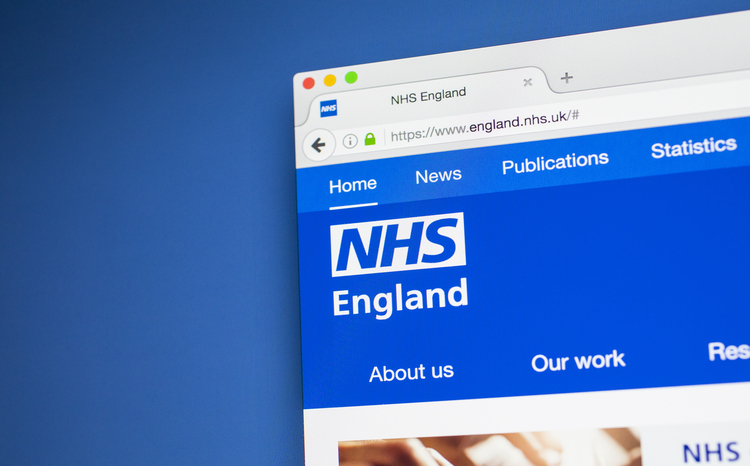GPs to offer hotline for patient care
- 23 April 2014

The Department of Health and NHS England will launch a ‘Proactive Care Programme’ in September 2014 in order to develop personalised care for patients with complex needs.
The programme is set out in the DH and NHS England’s joint ‘Transforming Primary Care’ report published last week.
It says that from September, more than 800,000 people with the most complex needs, will “experience a step-change in their care” by GPs developing a proactive and personalised programme for each patient.
The programme will give people access to a “named, accountable GP”, a care coordinator who will provide advice and help them to “navigate the system”, a dedicated hotline to call their GP practice for same day telephone consultations and “timely follow up after discharge”.
“Improvements in information and technology will support people to take control of their own care, providing people with easier access to their own medical information, online booking of appointments and ordering repeat prescriptions,” says the report.
“GPs will be supported to enable this, working with other services including district nurses and other community nurses.”
NHS England and clinical commissioning groups will monitor the impact of the programme, including measuring the number of people who have a patient care review quarterly.
The NHS Clinical Commissioners says it supports the proposal set out in the report. The co-chairs of its leadership group, Dr Amanda Doyle and Dr Steve Kell, said in a statement that together with the Better Care Fund, the programme provides “a critical opportunity” to improve care.
“Integrating care around the needs of patients is paramount, and the Proactive Care Programme is a key element of this, as long as there is sufficient time to enable GPs and their practices to gear themselves up,” they said.
Under the programme, GP practices will be required to show that they have implemented the services for at least 2% of the adult patients with the most complex needs.
NHS England will also monitor the programme’s impact on emergency admissions to hospital and patients’ length of stay.
“We will measure the impact of the Proactive Care Programme, both nationally and locally, to ensure that lessons are learned and improvements can be made,” says the report.
“These measures will include outcomes, process and experience data to help build up a picture of how the changes are working.
“Our next steps will be informed by our progress on this plan and the feedback we receive from those benefitting from and implementing the actions it contains.”





